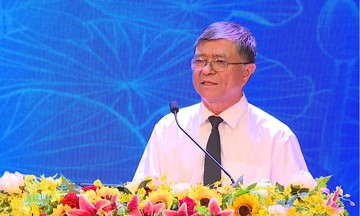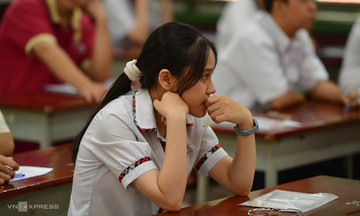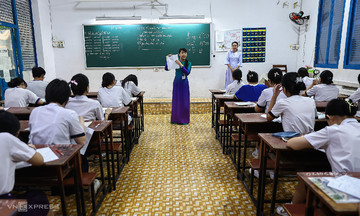The "child-centered" preschool education model has been one of Tay Ninh province's key educational reforms for the past 5 years. This model focuses on experiential learning and exploration, particularly through outdoor play, life skills development, and real-world experiences. The Department of Education and Training reports that 100% of preschools have adopted the model, receiving positive feedback from parents.
Schools using this model frequently organize experiential activities like buffets, teaching workshops, and themed festivals. Teachers and parents collaborate in preparing, running booths, cooking, and decorating. These experiences allow children to explore the world and gain knowledge, while parents gain insight into their children's development and learning environment.
Many schools decorate classrooms thematically, using natural materials, and regularly update playgrounds to maintain novelty. For instance, children care for gardens and animals, grow vegetables, or role-play various professions, even experiencing what it's like to be a soldier.
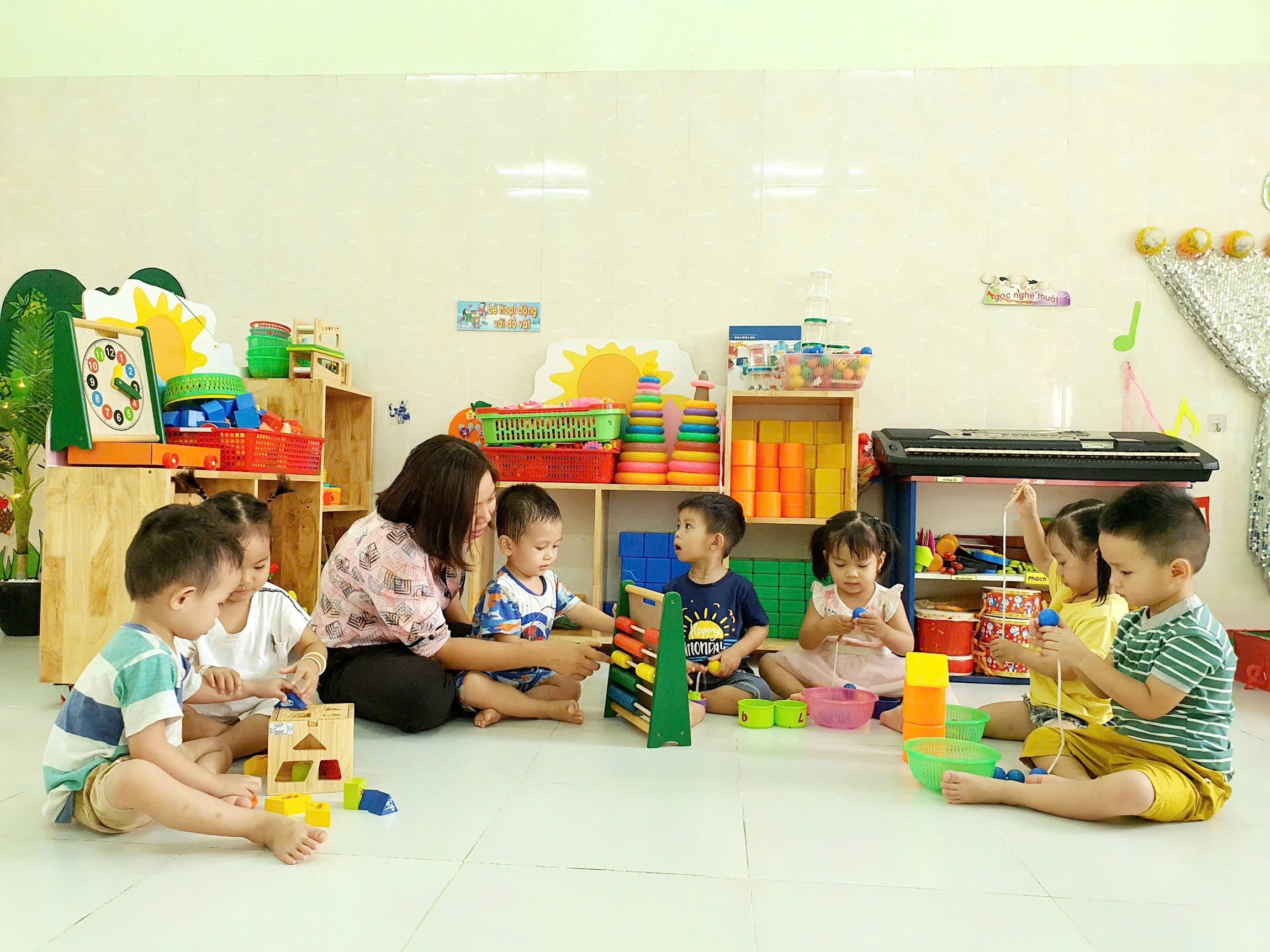 |
Preschool children engage in creative activities. Photo: Tay Ninh Department of Education |
The Department also reports that the STEAM education model is being gradually introduced in some preschools. Combining this with the child-centered approach fosters creative thinking, problem-solving skills, observation, and imagination. Concurrently, schools are incorporating English into the curriculum to introduce children to the language.
According to the Tay Ninh Department of Education and Training, there are approximately 96,000 preschool-aged children (including over 57,000 in Long An and nearly 39,000 in Tay Ninh). The province has 347 preschools and kindergartens, with 3,705 classes, covering 100% of communes and wards. Nearly 100% of 5-year-olds are enrolled in kindergarten.
Huynh Phuong Vu, Deputy Director of the Department, stated that 100% of preschool teachers meet training standards, with 52.9% exceeding them, surpassing planned targets. "The nearly 7,000 dedicated preschool staff are being trained and are gradually adopting modern educational trends such as child-centered education, IT application, and STEAM," Vu said.
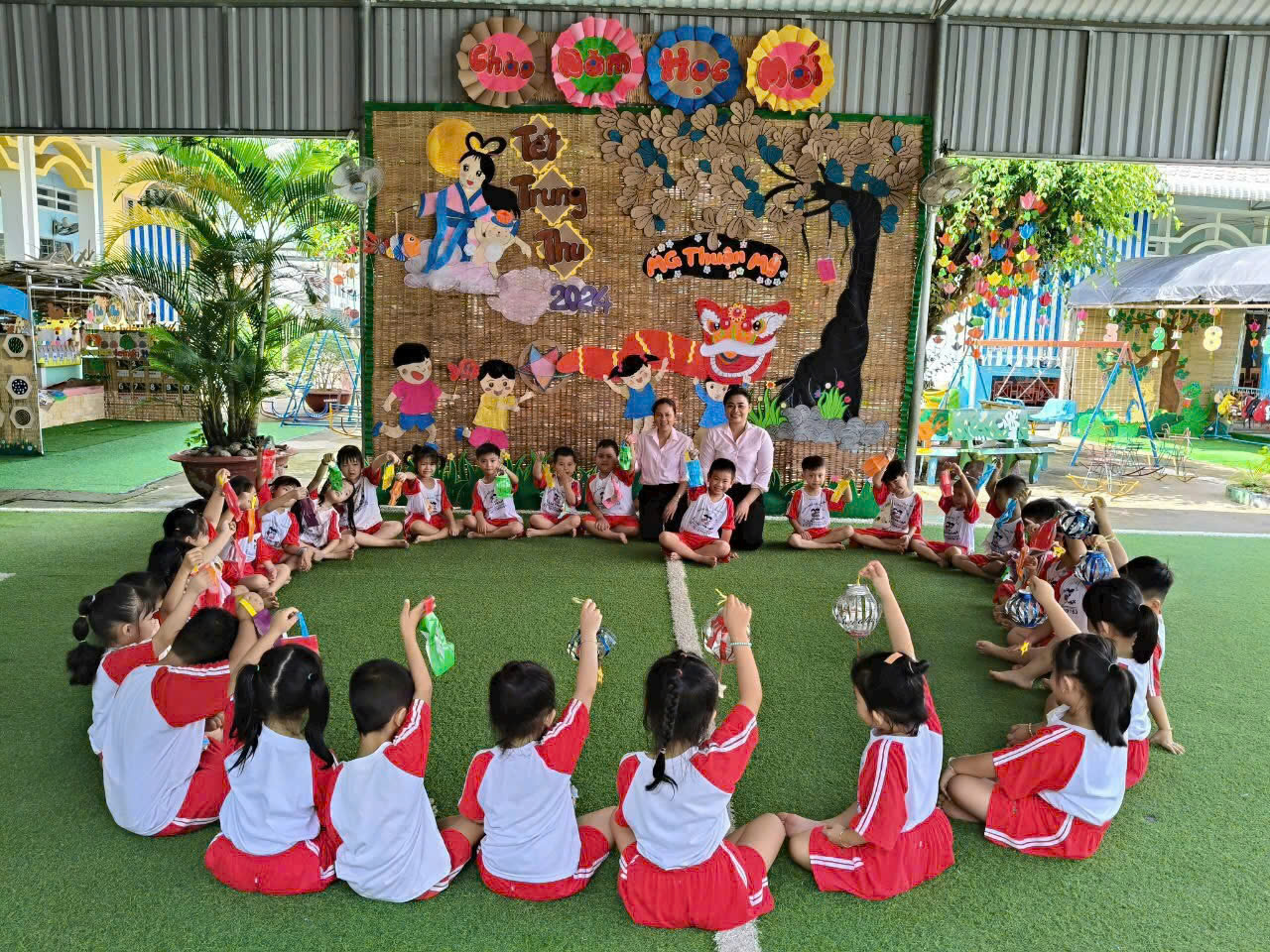 |
Preschool children participate in Mid-Autumn Festival activities. Photo: Tay Ninh Department of Education |
The province prioritizes human development for long-term growth. Given its long border with Cambodia, numerous industrial zones, and diverse population, Tay Ninh's preschool education system must address the needs of remote and ethnic minority areas while keeping pace with modernization in urban areas.
Approximately 5,500 preschool children of factory workers receive a monthly subsidy of 160,000 VND per child. 308 preschool teachers working in private facilities within industrial zones receive 800,000 VND monthly.
Over 55% of preschools and kindergartens have medical staff. The remaining schools collaborate with commune health stations to provide healthcare for children. All enrolled children receive health checkups and nutritional assessments at the beginning of the school year. The rate of underweight children at the end of the school year is 0.3%, a decrease of 2.08% from the beginning of the year. Overweight and obese children account for 3.49%, down 6.14% from the start of the school year.
866 preschools in the province offer daycare services. According to the Department, all daycare centers use nutrition software to create age-appropriate and nutritionally balanced meal plans.
For the 2025-2026 school year, Tay Ninh will continue promoting the child-centered preschool model. The province also aims to increase enrollment rates for 3 and 4-year-olds. English language introduction and digital transformation in education remain key priorities.
The province currently needs 528 more preschool teachers. Teacher training, development, and support policies to attract educators will be intensified in the coming period.
Hoai Phuong





